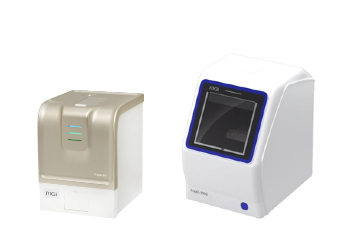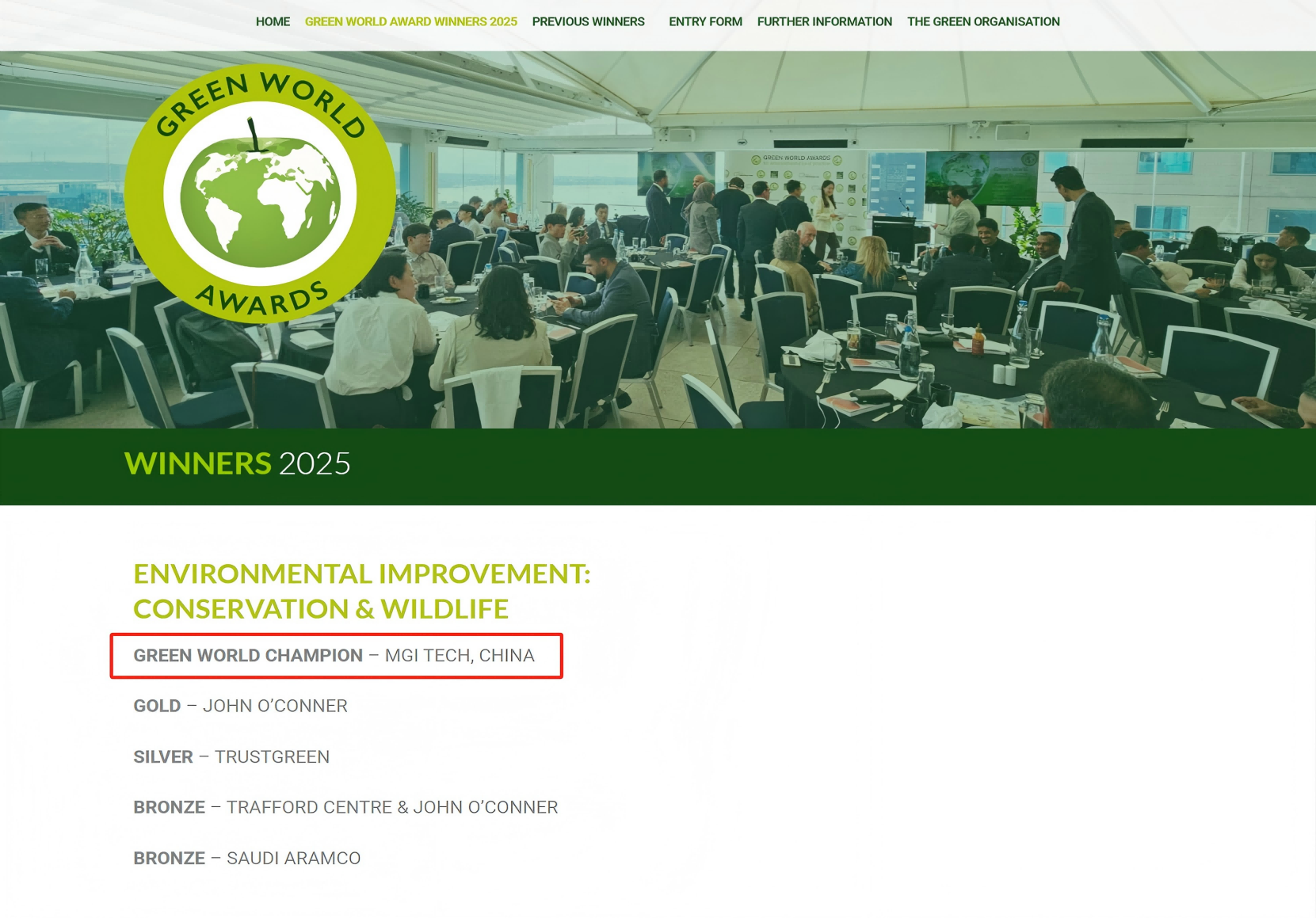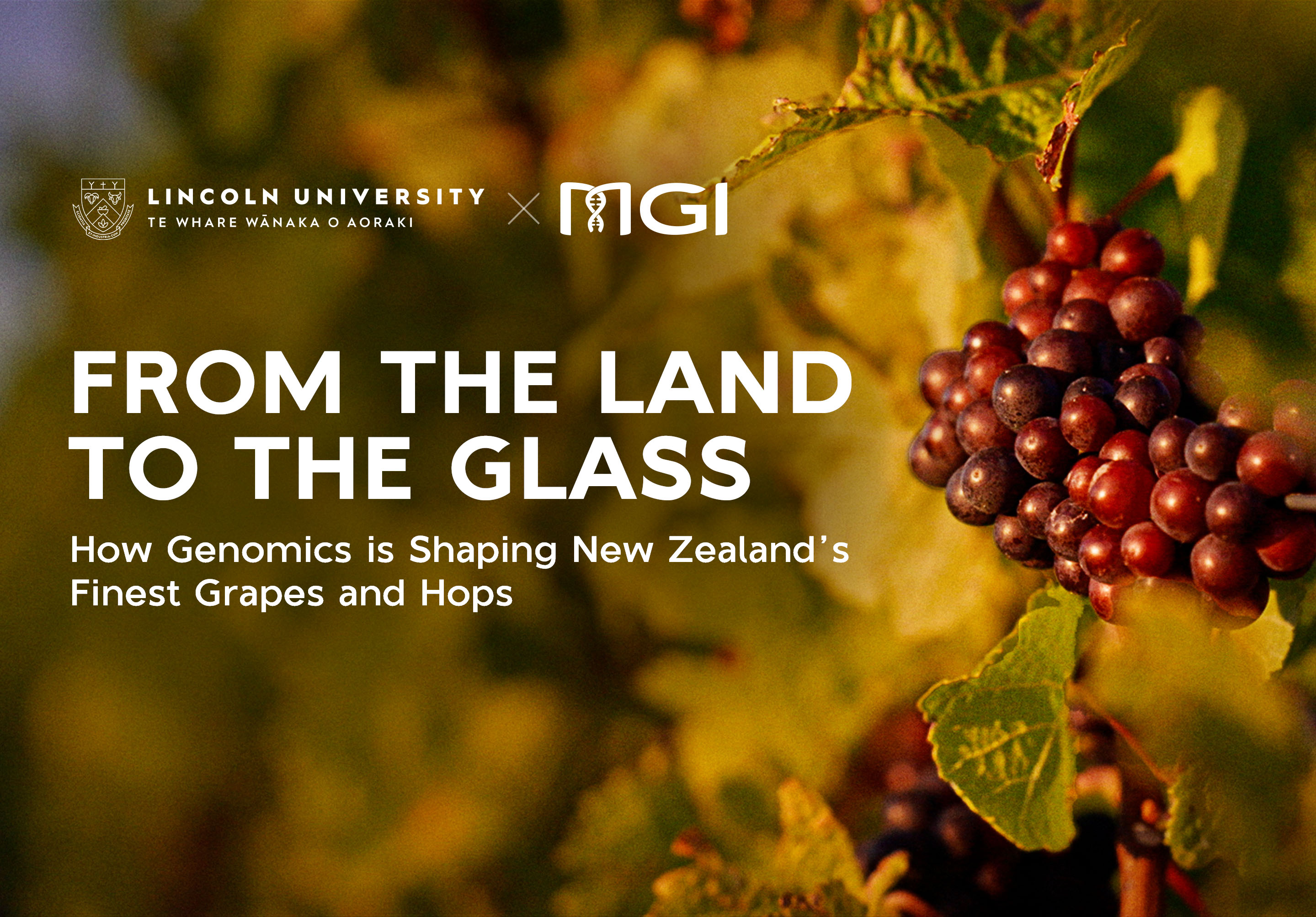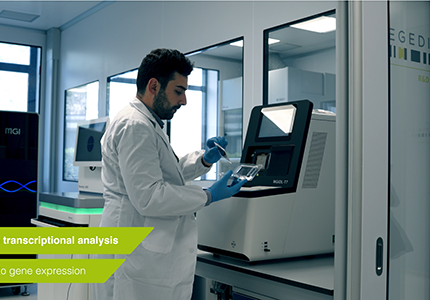2024 marks the third year that MGI supports the Genomics Thailand Initiative. The project launched in 2022 aims to increase Thailand's competitiveness in genomic medicine research and improve standard of medical management for its citizens. MGI bears genome sequencing task of 50,000 Thai individuals.
In this interview, we invited Wichai Prugpadee and Panat Damkengprasertkul, MGI’s field service engineers in Thailand, to share their insights into this significant project, learning about the latest outcome of the project and development of genomics and sequencing industry in Thailand through a technical perspective.

Q1: Would you please briefly introduce yourself and your work in supporting the Genomics Thailand Initiative (“GTI”)?
Wichai: I was a field service engineer(“FSE”) for medical machine and electrical engineer for electrical system before joining MGI.I have been working as a FSE for MGI for 4 years. I was previously in APAC team and later divided to SEA team.
It is a pleasure to be part of supporting the GTI project to achieve its goals. My work is to keep the instrument working normally, give the results for customers and provide consultation to customer when they want to expand.
Panat: Hi everyone. I’m Panat Damkengprasertkul, MGI Field Service Engineer from Thailand. Part of my work is supporting in genome sequencing lab to take care our MGI products. Sometimes we have problems and obstacles, but we can solve them with collaboration with customers and our team. I’m appreciative of my work to become a part of support in Genomics Thailand Initiative. This healthcare research project build collaboration with Thailand Government for improved quality of Thai people’s life.
Q2: How do you see MGI’s role in ensuring the success of GTI?
Wichai: I see MGI as the driving force behind this project, a leader in advanced biotechnology and a knowledgeable team that is ready to support this project to achieve its objectives.
Q3: What’s the latest development or outcome of GTI?
Panat: Thai Researcher can use database from Genomics Thailand project for prevention and diagnosis in cancer, rare disease, non-communicable diseases, infectious disease and pharmacogenomics.
Q4: When did you join GTI? What’s your impressive moment as a role of field service engineer supporting GTI?
Wichai: I joined GTI project since site preparation for MGI DNBSEQ-T7 and work with project from the first run. The impressive moment would be that I had a chance to help customer to unbox and plan the installation of DNBSEQ-T7. That is, to transport the T7 to the room, we have to disassemble T7 to help it fit into the elevator, such as the side cover, front door. It is a challenging task but also full of fun.
Panat: I joined GTI since August 2022. My impressive moment was helping the project running smoothly. Now, we run WGS for more than 670 runs. We achieve goals for setup.
Q5: Have you encountered any challenges or obstacles during the GTI? If so, how did you overcome them?
Wichai: Challenges for FSE, it would be when we want to be better. Every upgrade for better result, it would come from our team effort, including support from China Team, SEA Team and our local team. The customer also has trust on us for every schedule that we promise.
For example, when we upgrade laser for better Q30 and total read, challenge would be we couldn’t know if the shape of laser was perfect or not until we assembled and tested it, while customer also waited for the machine as they had samples to sequence nonstop. In this case, we have colleagues from China to help us and remote support from our SEA Team. The support enables us to finish the upgrade on time and the customer is pleased with the results.
Panat: After upgrading to the latest version, the customer really appreciates a higher result of the sequencer with maximum total reads increased from 5900 to 6900 and sequencing time reduced by 14hrs. Now, DNBSEQ-T7 is a sequencer of better performance.
Q6: From your perspective, how do you see the development of genomics in Thailand?
Wichai: Thai people have more knowledge and attention, as well as raising awareness about genetics that affect health and longevity. This knowledge comes from both public and private sectors. The government has offered free gene testing to the public, such as BRCA1 / 2. Breast cancer patients and their relatives are educated through academic events, various media including TV, websites and TV shows that are relevant to their health and happiness. The private sector also offers gene testing related to rheumatism, cancer, drug allergy, and genetic risk testing.
Panat: Government sector also encourage Thai people to access for check pharmacogenomics for prevent severe drug allergy in 4 tests more than 40,000 samples. (1. Gene HLA-B*58:01 for Allopurinol 2. Gene HLA-B*15:02 for Carbamazepine 3. Gene HLA-B*57:01 for Abacavir 4. Gene digestive NAT2 for Isoniazid). This initiative is announced via healthcare TV, website and other online platforms.
Q7: How is genomics contributing to personalized medicine and precision healthcare in Thailand?
Wichai: Genomics Thailand project provides support and education to build more knowledge of genomics experts in Thailand, including doctors, professors, academics, and laboratory practitioners. GTI provides personalized medicine education to both personnel and the general public about the importance and the interesting aspects of personalized medicine.
Panat: Genomics Thailand Project has many supports for knowledge and implementation from the Eastern Economic Corridor to improve Thailand's Genomics. Doctors, professors, and laboratory researchers can reach out to the data for personalized medicine development for Thai people. Knowledge based on genomics information in molecular can be used for diagnosis.
Q8: How has sequencing technology evolved in Thailand, and what are the key advancements that have been made in recent years?
Wichai &Panat: Sequencing technology in Thailand has evolved over many years, beginning with first-generation sequencing in research fields such as human genetics and agriculture. Adoption of second-generation sequencing (next generation sequencing in the initial stage was mostly for research and did not evolve into a service field for a long period. The sequencing technology received a lot of attention for a few years during Covid era and the genomic Thailand project, which began in April 2022 and had sequenced over 29,000 human genomes by Mar 2024.
Q9: What are the major challenges or limitations faced by researchers in Thailand when using sequencing technology, and what strategies are being implemented to overcome them?
Panat: In my opinion, major challenge of researchers in Thailand is they don’t have enough genomics database to reach for research. However, we can make Genomics Thailand Initiative as a prototype project support to other genomics project in the future. Then, genomics projects would be able to reach funding from government sector and private sector.
Q10: What’s your outlook on the development of the sequencing industry in Thailand?
Wichai: We are growing. We would be able to apply it to our normal life in many ways.
Panat: We now have genomics database in human, but we don’t have those in animal and agriculture. Thus I am looking forward to expanding our experience in GTI into projects in animal and agriculture in the future under MGI sequencing technology’s support.



 Sequencer Products: SEQ ALL
Sequencer Products: SEQ ALL















 Technologies
Technologies Applications
Applications Online Resources
Online Resources Data Bulletins
Data Bulletins Service & Support
Service & Support Introduction
Introduction Newsroom
Newsroom Doing Business With Us
Doing Business With Us Creative Club
Creative Club













